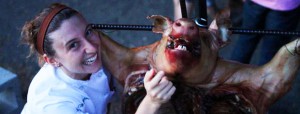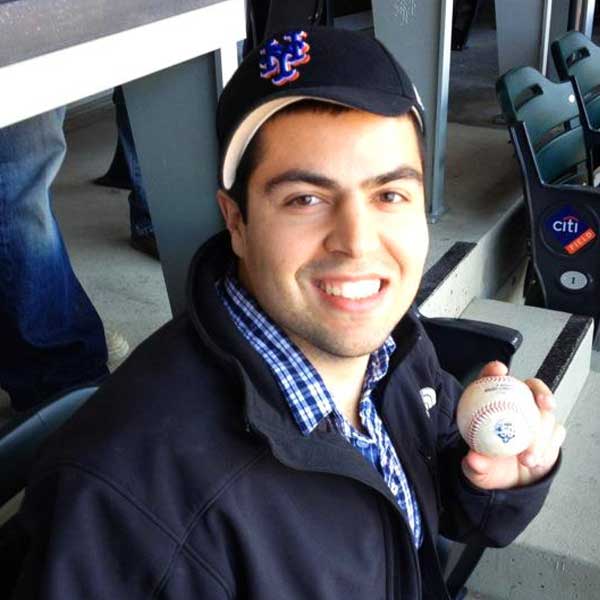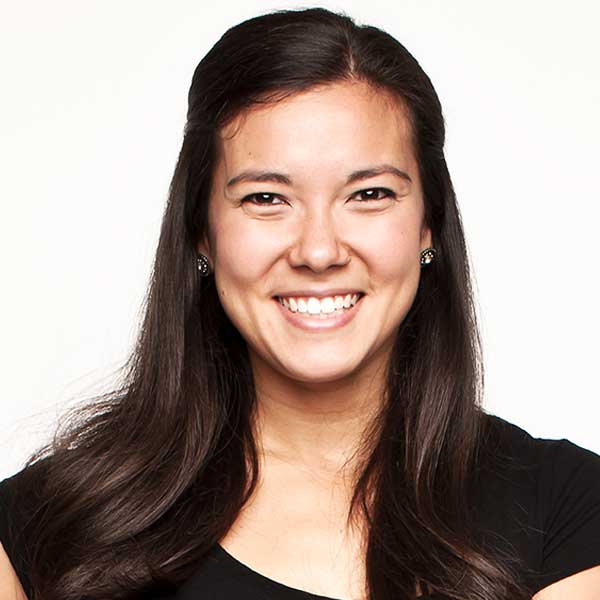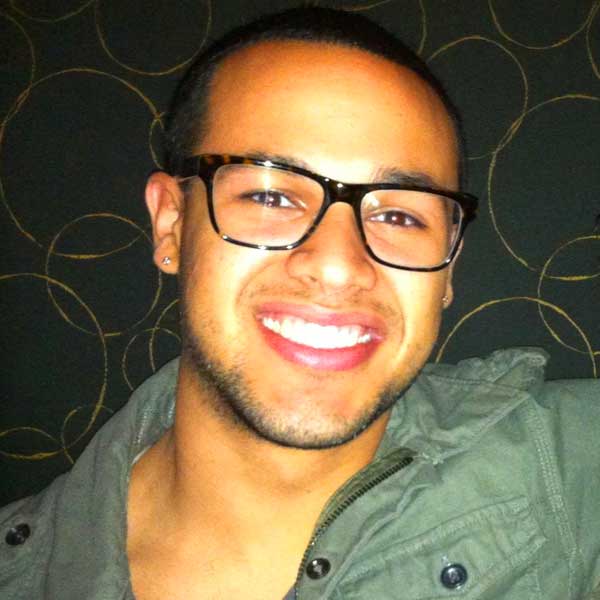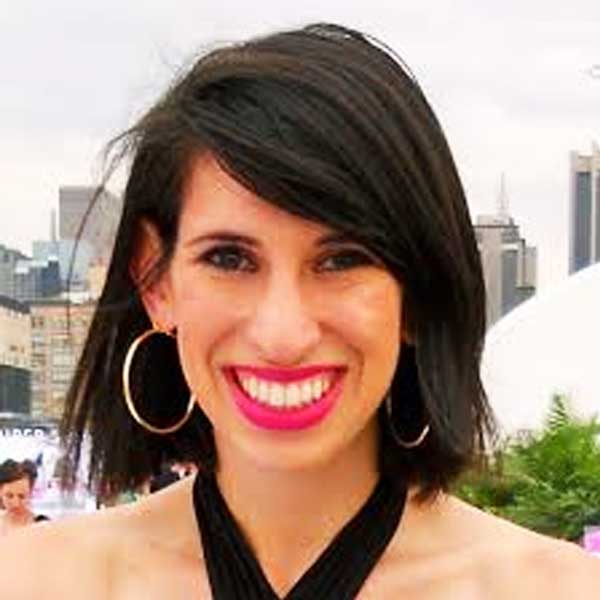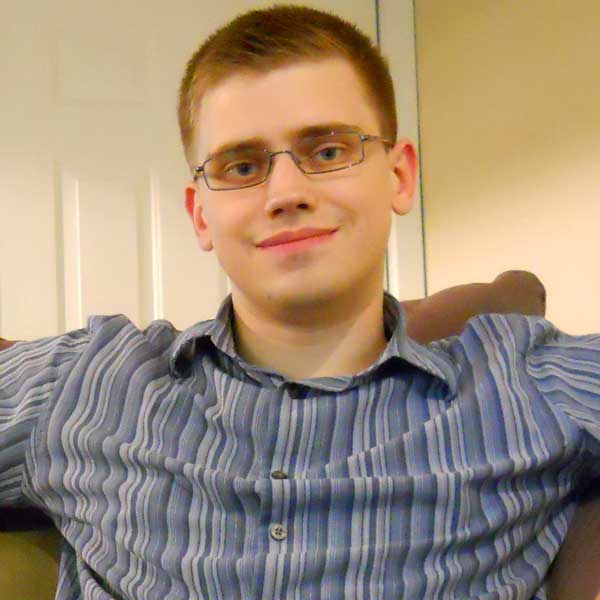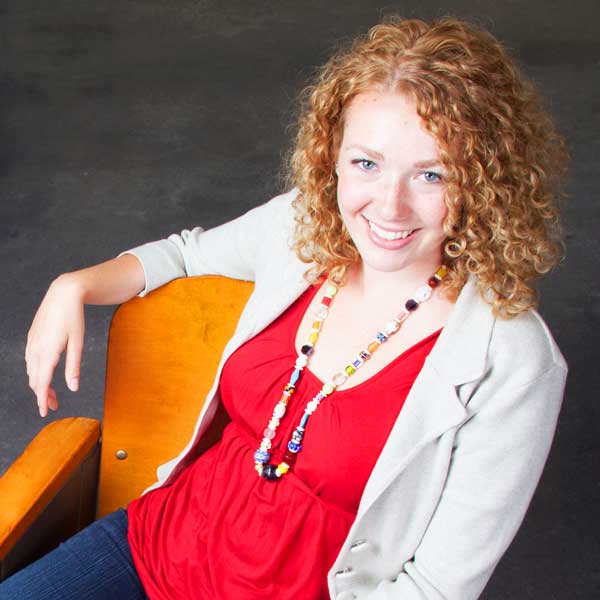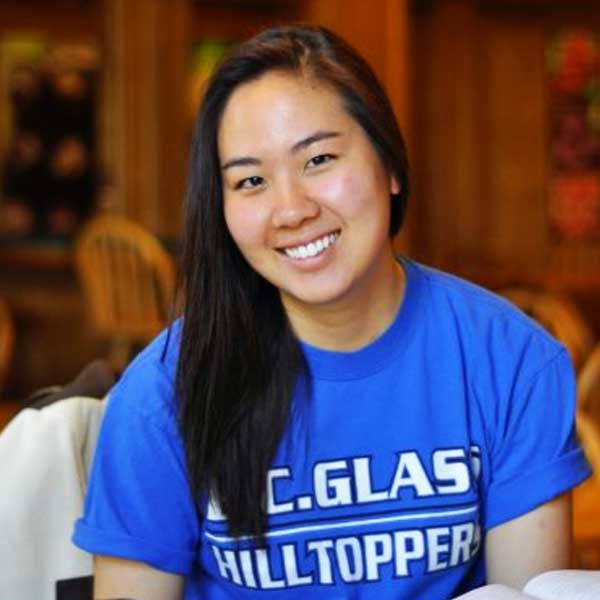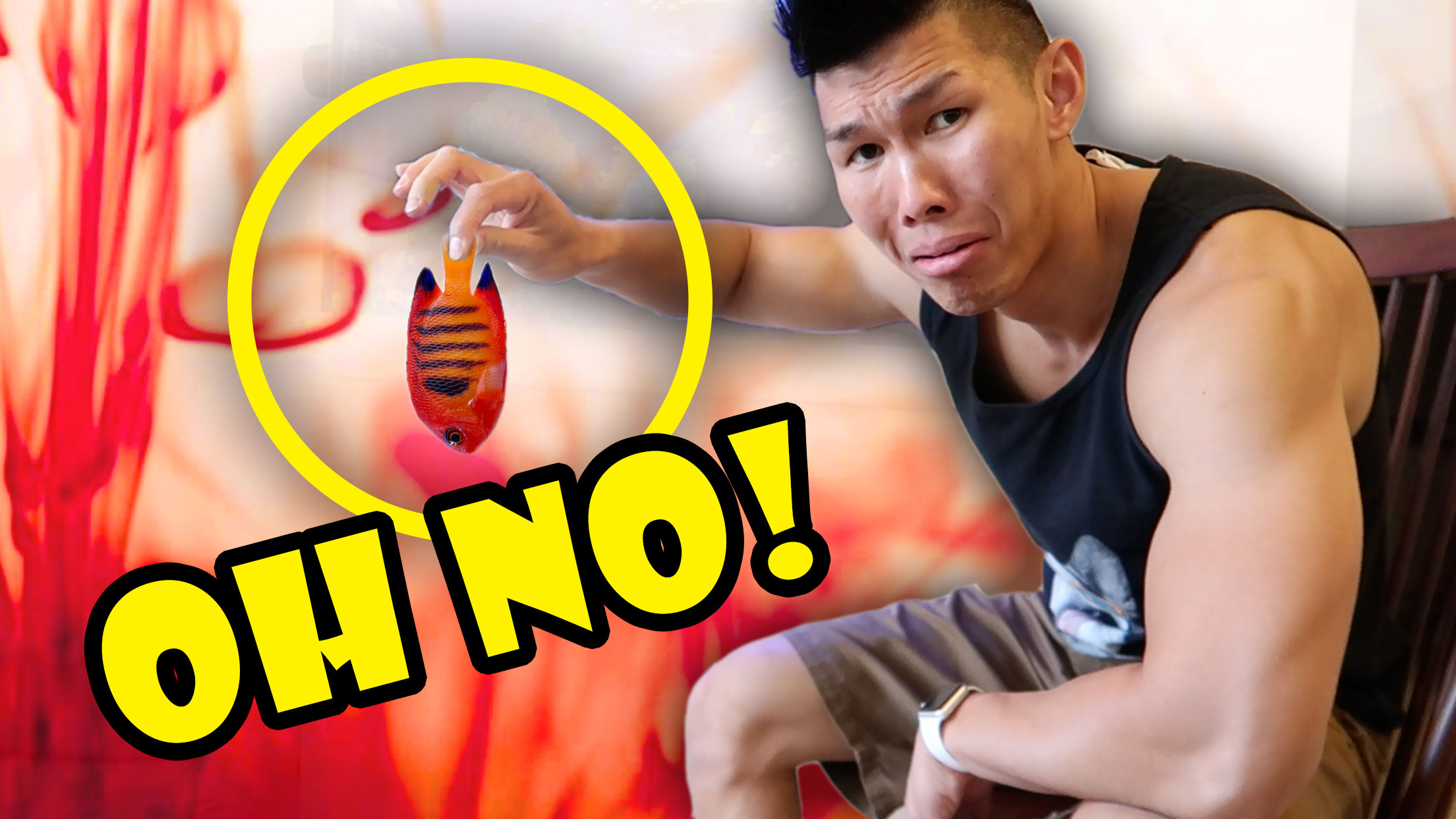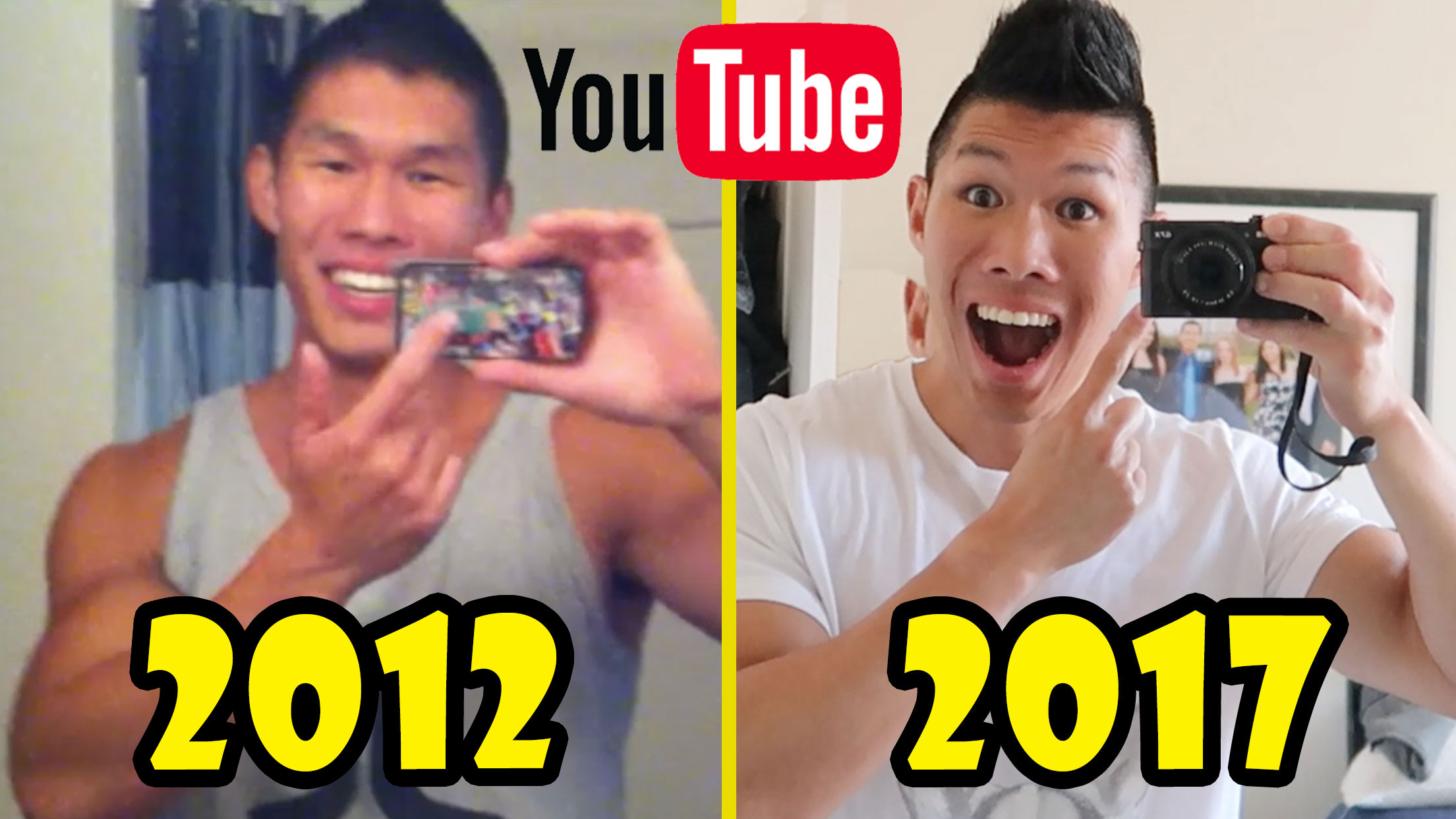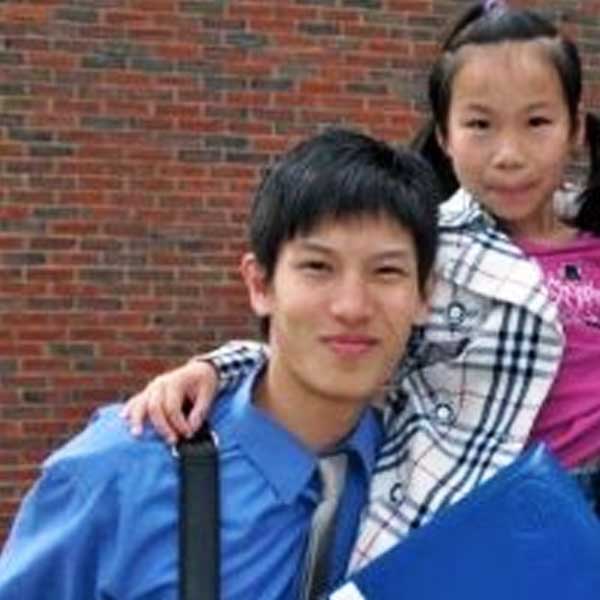
Career: Scientist
Company Field: Pharmaceutical
Located In: Cambridge, Massachusetts
Grew Up In: Boston, Massachusetts
Graduated From: Rensselaer Polytechnic Institute
Majored In: Biomedical Engineering
Graduated In: 2011
 After College Lifestyles
After College Lifestyles
James is a Biomedical Engineer in Cambridge, Massachusetts. James takes on the world with a highly analytical mindset. He explains that a lot of engineering work involves number and data crunching. This is something he believes everyone should have a good understanding about if they were to go into this field.
Overview:
Career: Scientist
Company Field: Pharmaceutical
Located In: Cambridge, Massachusetts
Grew Up In: Boston, Massachusetts
Graduated From: Rensselaer Polytechnic Institute
Majored In: Biomedical Engineering
Graduated In: 2011
Quick Stats on Biomedical Engineering
Work Hour Flexibility: High
Quality of Lifestyle Outside of Work: Medium
Work Stress Level: Medium
Level of Routine Work: Medium
Interaction with Co-Workers: Medium
Pay Level (out of 5): $$$
Life of a College Grad Biomedical Scientist
My group collects data from our medical manufacturing site and makes recommendations for improvement. We also use this data to troubleshoot deviations and identify problem areas. All of our work is GMP-regulated and must be properly documented, and needs to follow strict protocols.
Biomedical Engineer's Daily Routine:
6:30 AM Wake Up
7:30 AM Arrive at office
7:30 AM - 8:00 AM Morning update meeting
8:00 AM - 12:00 PM Catch up on emails, tie up loose ends/work
12:00 PM Lunch
1:00 PM Afternoon meetings/work
5:30 PM Leave work
6:00 PM Get home, start cooking
11:30 PM Sleep
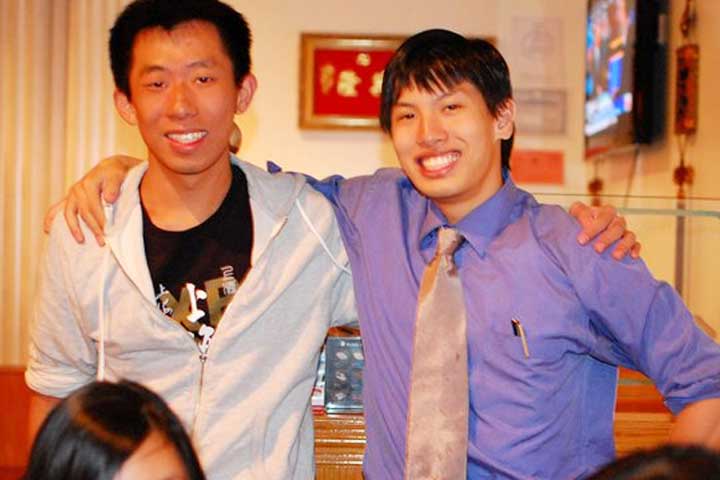
 How To Get Into The Field
How To Get Into The Field What Do You Really Do?
What Do You Really Do? Pros/Cons of Your Job
Pros/Cons of Your JobCon: You may be frustrated, as at any large company, by the hierarchical structure and the difficultly in implementing new ideas (especially under tight FDA regulations). In a large pharma company and this position in particular, it is sometimes hard to feel as if your work is making an impact. In contrast, small start-ups are deeply impacted by the work of every employee.
Tour My Cambridge Condo
Quick Stats on Cambridge, Massachusetts
Competition for Housing: High
Housing Cost: High
Population of Young People: High
Nightlife: Medium
Safety: Medium
Biggest Industries: Biotech
The Life of a College Grad In Cambridge, Massachusetts

 What's it Like to Live Here?
What's it Like to Live Here? How Did I End Up Here?
How Did I End Up Here? My Set-Up
My Set-UpClosing Advice
It doesn't matter what your major was in college. It doesn't matter what field you want to get into. The most useful (and profitable) skill you can learn is programming. You will need this for anything you do. If you don't learn that, then really, really pay attention in statistics. The world runs on data and making decisions based on that data. If you learn neither of those, you better know someone powerful.









